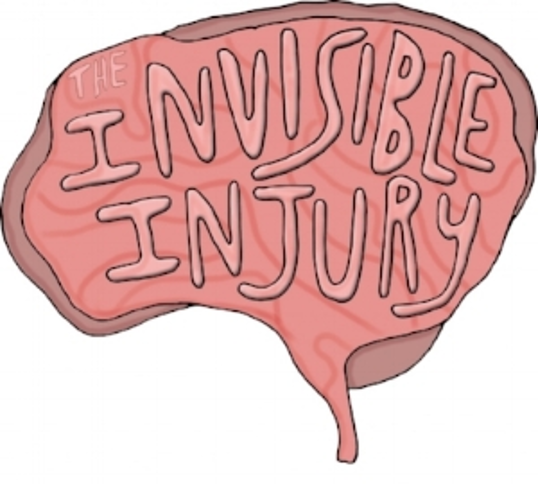
We are well into football season (go Chiefs!), and concussion/post-concussion management recommendations have changed in recent years. How comfortable do you feel with concussion assessment and treatment?

According to the CDC, about 2.8 million TBI-related emergency department visits, hospitalizations, and deaths occur annually in the United States. Each year, more than 800,000 children are treated for TBI at the ED in the U.S. The highest incidence of TBI occurs in people over the age of 75, children aged 0-4 years, and individuals aged 15-24 years.
More than 300,000 sports-related concussions occur every year in the U.S. Additionally, the likelihood of suffering a concussion while playing a contact sport is estimated to be up to 19% per year of play – this means almost all athletes of contact sports suffer from a concussion within five years of participation.
A patient I treated for head injury was a very active female in her early 40s. She suffered a concussion secondary to syncope in a hot yoga class. When she passed out, she fell hard and hit her head. I saw her within a week or two of the injury when a friend referred her. She was having textbook concussion symptoms and significant difficulty with work tasks as well as non-work activity. She was unable to tolerate exercise. She had a normal neuro exam and normal eye exam with ophthalmology. Providing education on concussion pathology reassured the patient her symptoms were in the expected range of post-concussion recovery. I referred her to a concussion specialist PT, and when she completed the PT eval, it was found she also has benign positional vertigo in addition to her post-concussion and neck pain symptoms. She made excellent progress in therapy and was feeling close to 100% when she came back for follow-up. Unfortunately, not all patients get referred so quickly- but this was a great example of successful concussion treatment.
Here are some of my favorite concussion resources. I hope they are helpful in your assessment and treatment of the mild head injury.
- McIntyre, M., Kempenaar, A., Amiri, M., Alavinia, S. M., & Kumbhare, D. (2019). The role of sub-symptom threshold aerobic exercise for persistent concussion symptoms in patients with post-concussion syndrome: A systematic review. American Journal of Physical Medicine & Rehabilitation, 1. https://doi.org/10.1097/PHM.0000000000001340
- PM&R Knowledge Now: Mild Traumatic Brain Injury (mTBI)
- https://now.aapmr.org/mild-traumatic-brain-injury-mtbi/
- CDC: HEADS UP to Youth Sports
- https://www.cdc.gov/headsup/youthsports/index.html
- https://www.cdc.gov/traumaticbraininjury/index.html
- ImPACT: www.impacttest.com/
- American Academy of Pediatrics: www.aap.org
- Concussion Legacy Foundation: https://concussionfoundation.org/
- Podcasts: Ask Concussion Doc and Pain Reframed
- Current Concepts in Concussion from AAFP: https://www.aafp.org/afp/2019/0401/p426.html